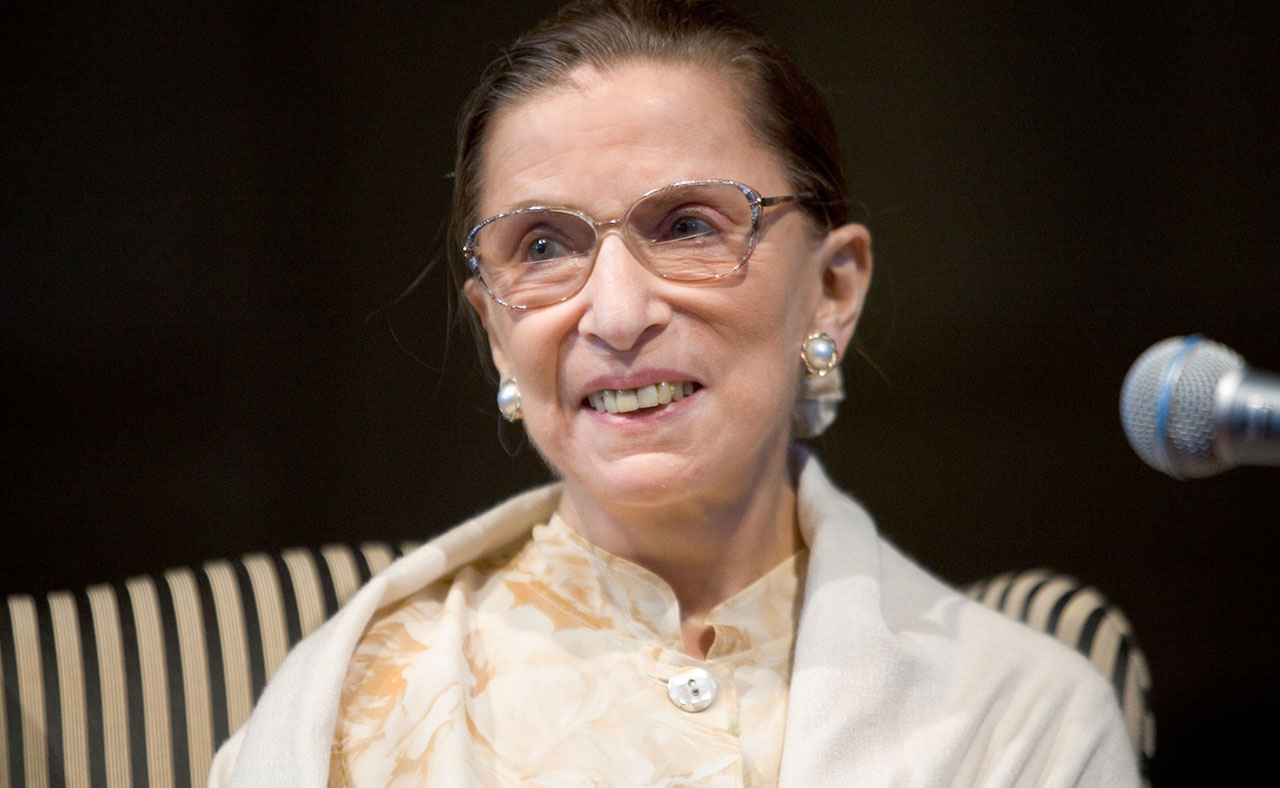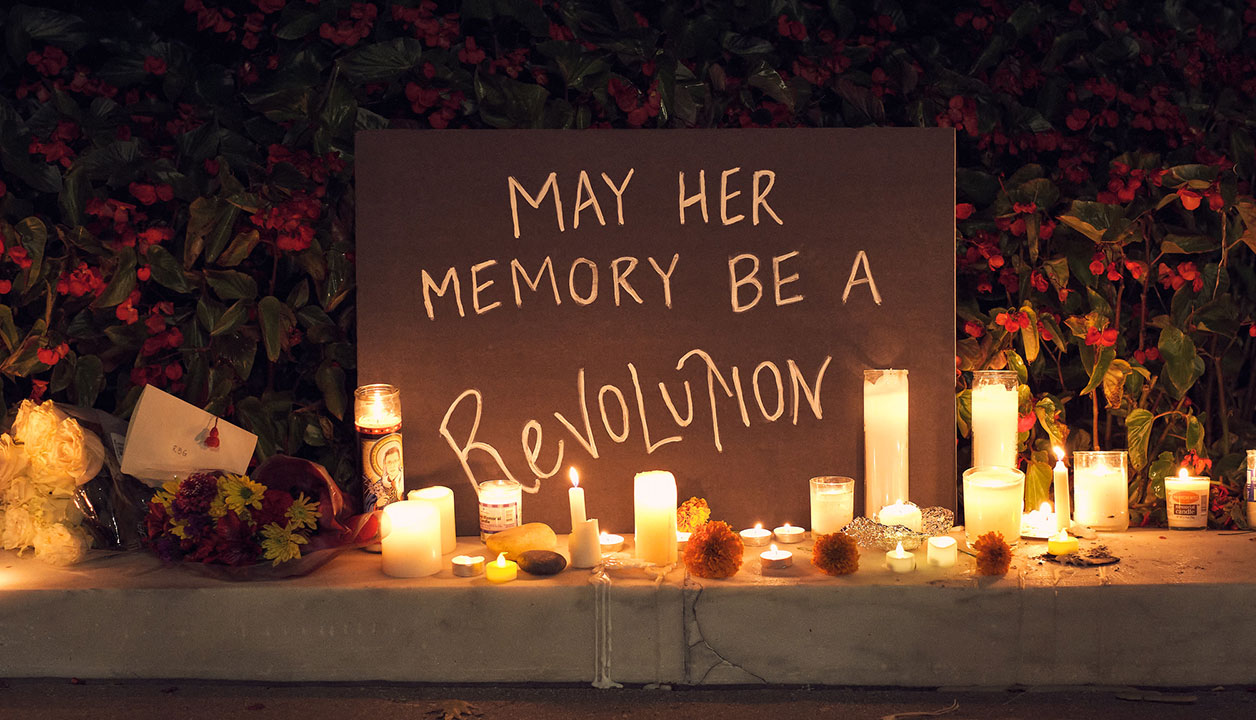Supreme Court Justice Ruth Bader Ginsburg Has Died
Ginsburg was 87. The court says she died of complications from metastatic pancreatic cancer.

Supreme Court Justice Ruth Bader Ginsburg, a diminutive yet towering women’s rights champion who became the court’s second female justice, has died at her home in Washington. She was 87. Ginsburg died of complications from metastatic pancreatic cancer, the court said.
Ginsburg announced in July that she was undergoing chemotherapy treatment for lesions on her liver, the latest of her several battles with cancer.
Her death just over six weeks before Election Day is likely to set off a heated battle over whether President Donald Trump should nominate, and the Republican-led Senate should confirm, her replacement, or if the seat should remain vacant until the outcome of his race against Democrat Joe Biden is known.
Endangered GOP Sen. Martha McSally of Arizona says the Senate should vote on whomever President Donald Trump nominates to replace the late Supreme Court Justice Ruth Bader Ginsburg.
Some other GOP senators in competitive reelections initially did not address whether the Senate should vote on Trump’s pick.
Senate Majority Leader Mitch McConnell says the GOP-run Senate will vote on Trump’s selection, whomever it is, even though it’s an election year — the reason he gave for not voting on President Barack Obama’s court pick in 2016.
But four other Republican senators facing tough reelection fights skirted the question of whether the Senate should vote on a Trump pick.
Maine Sen. Susan Collins called Ginsburg a “trailblazer for women’s rights, a fierce champion for equality, and an extremely accomplished American who broke countless barriers in the field of law.
Colorado Sen. Cory Gardner called Ginsburg “a trailblazing leader.”
North Carolina Sen. Thom Tillis noted the liberal Ginsburg’s friendship with the late conservative Justice Antonin Scalia, saying their relationship showed “we can disagree on fundamental issues but remain civil.”
Iowa GOP Sen. Joni Ernst called Ginsburg “an iconic figure who blazed a trail for working moms.”

